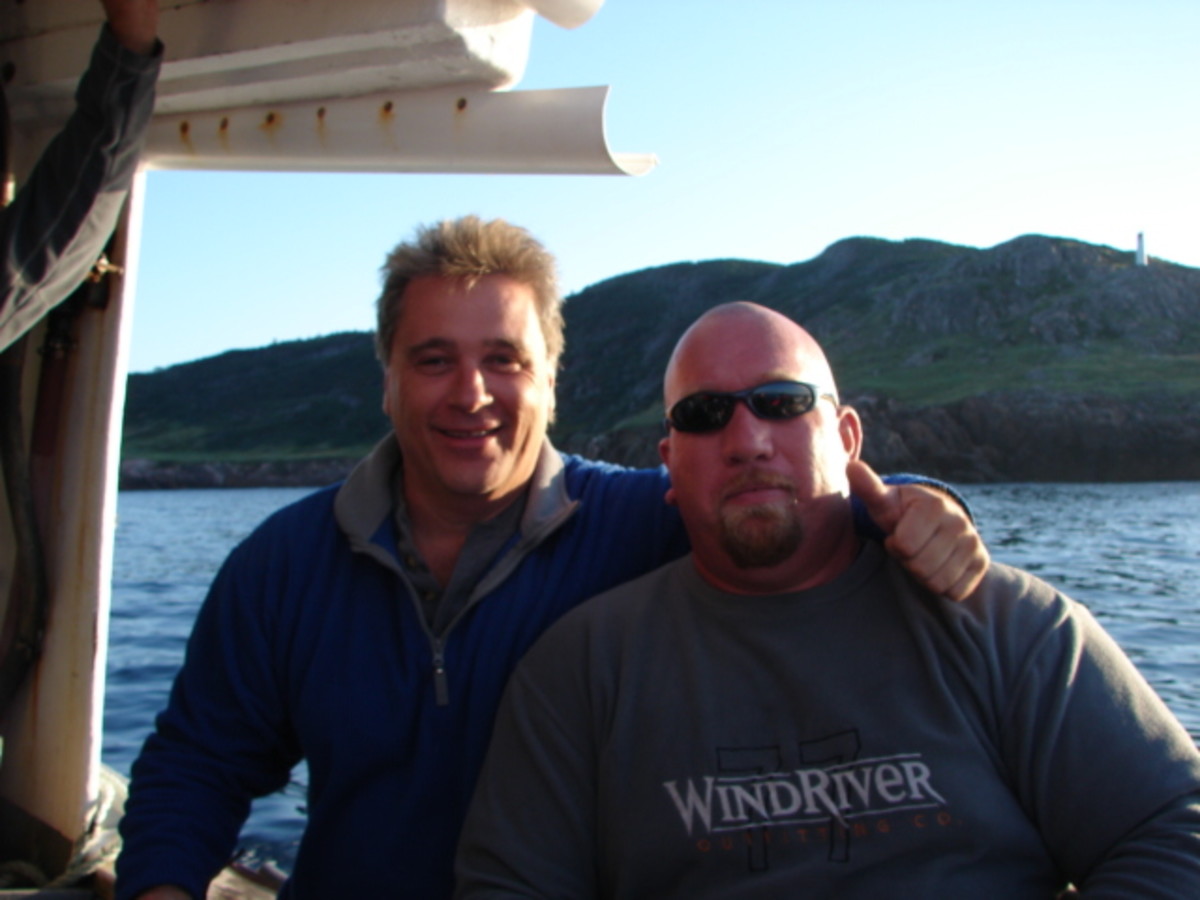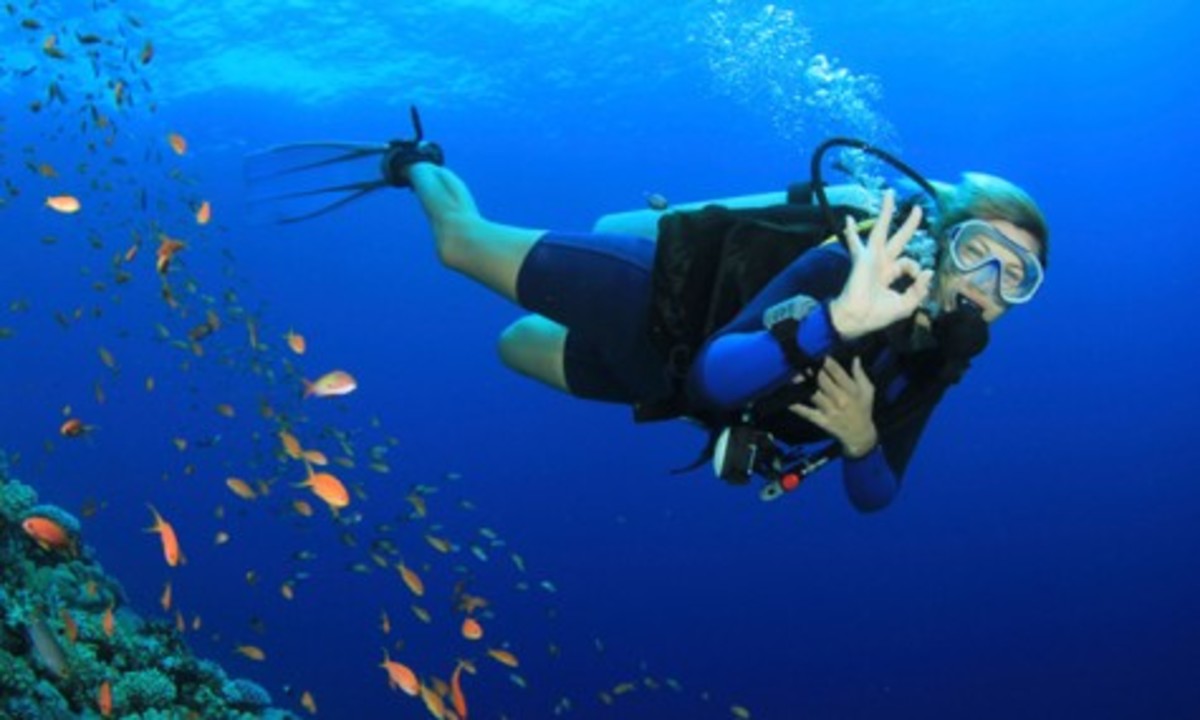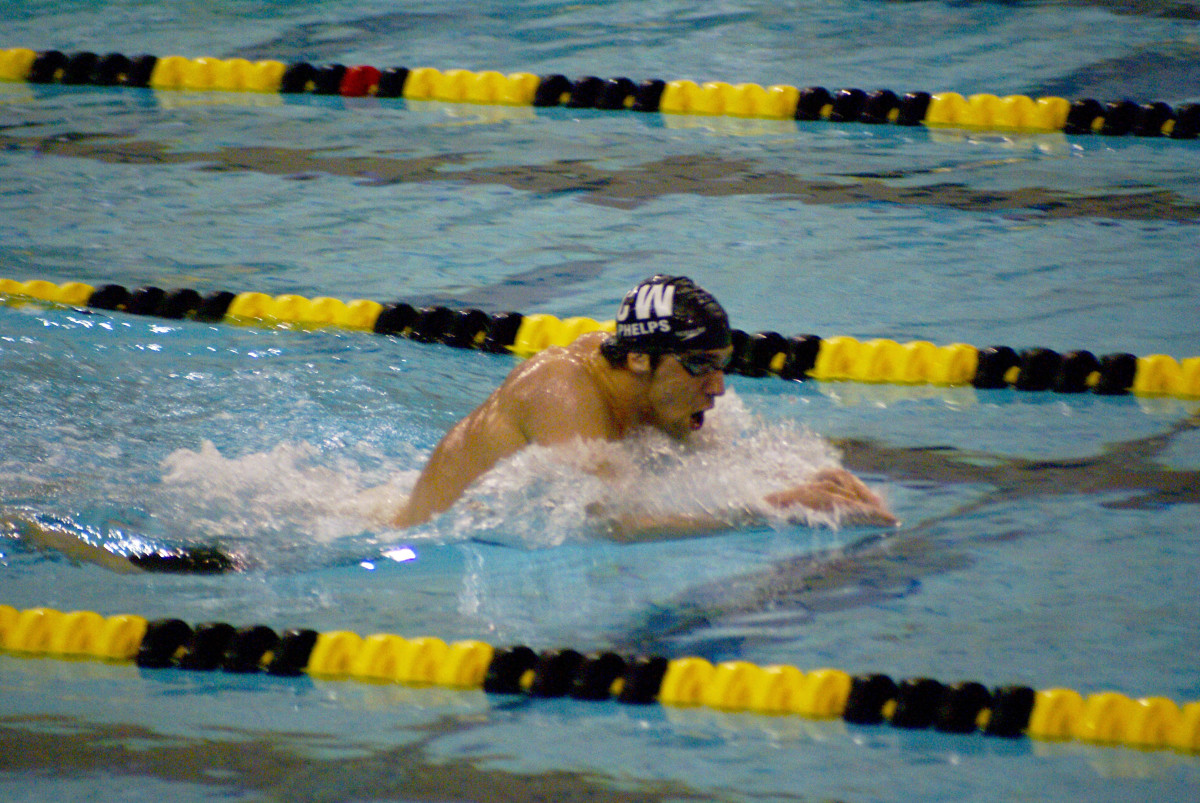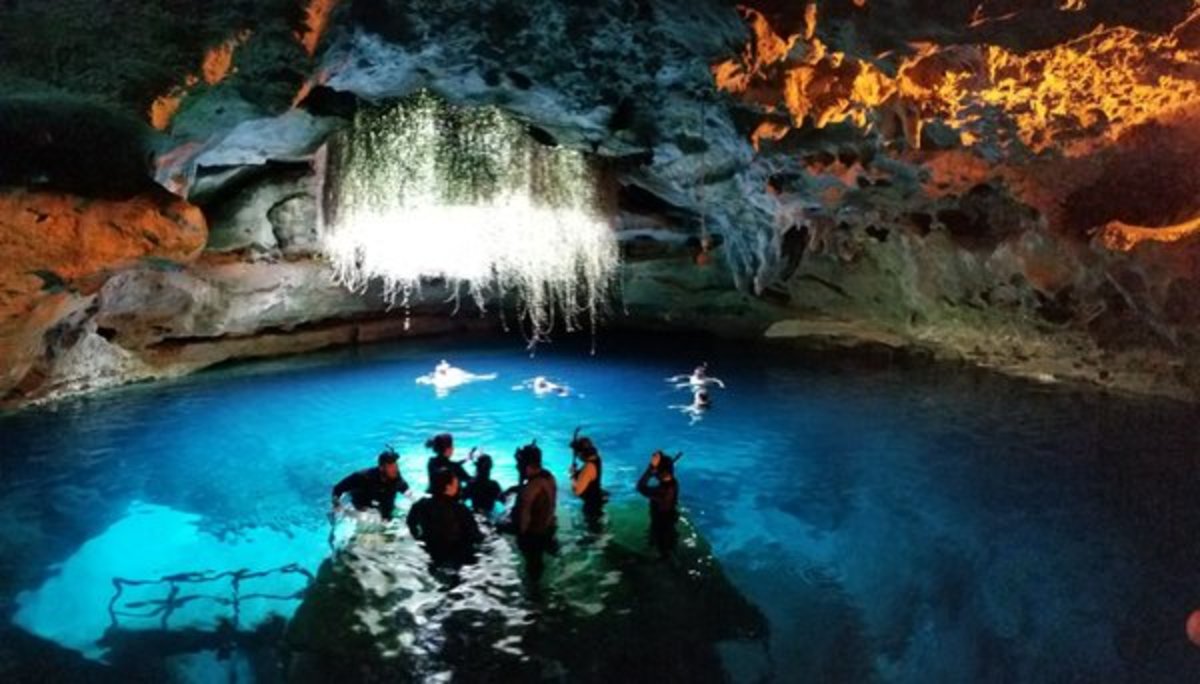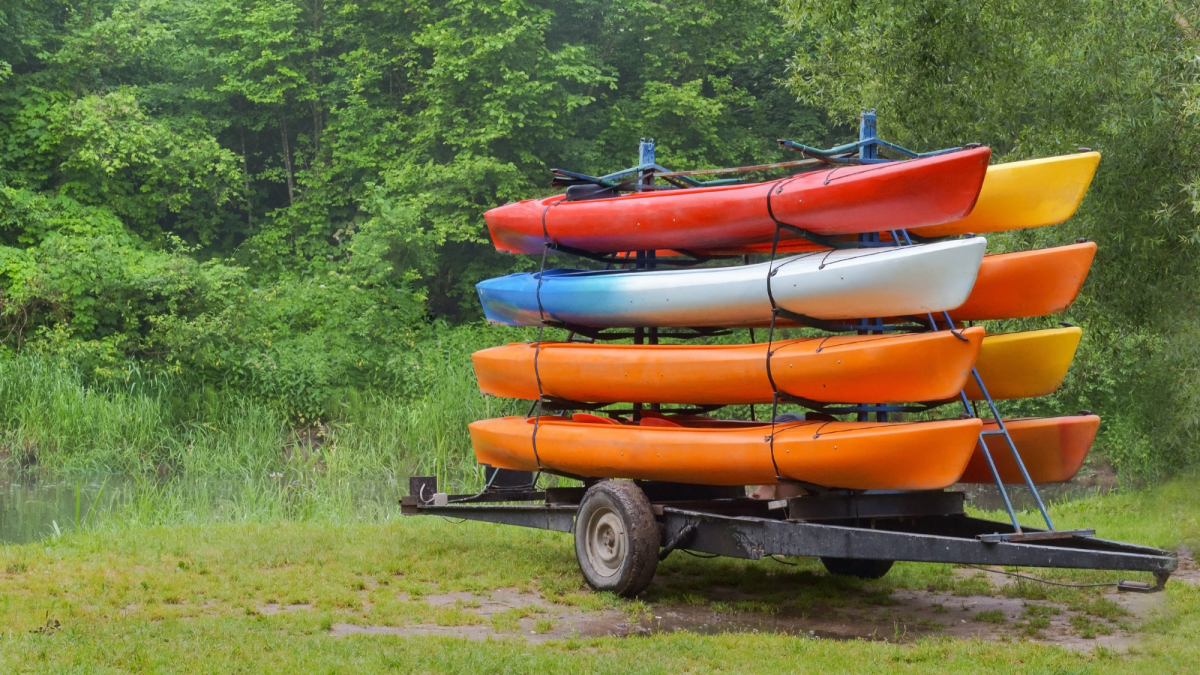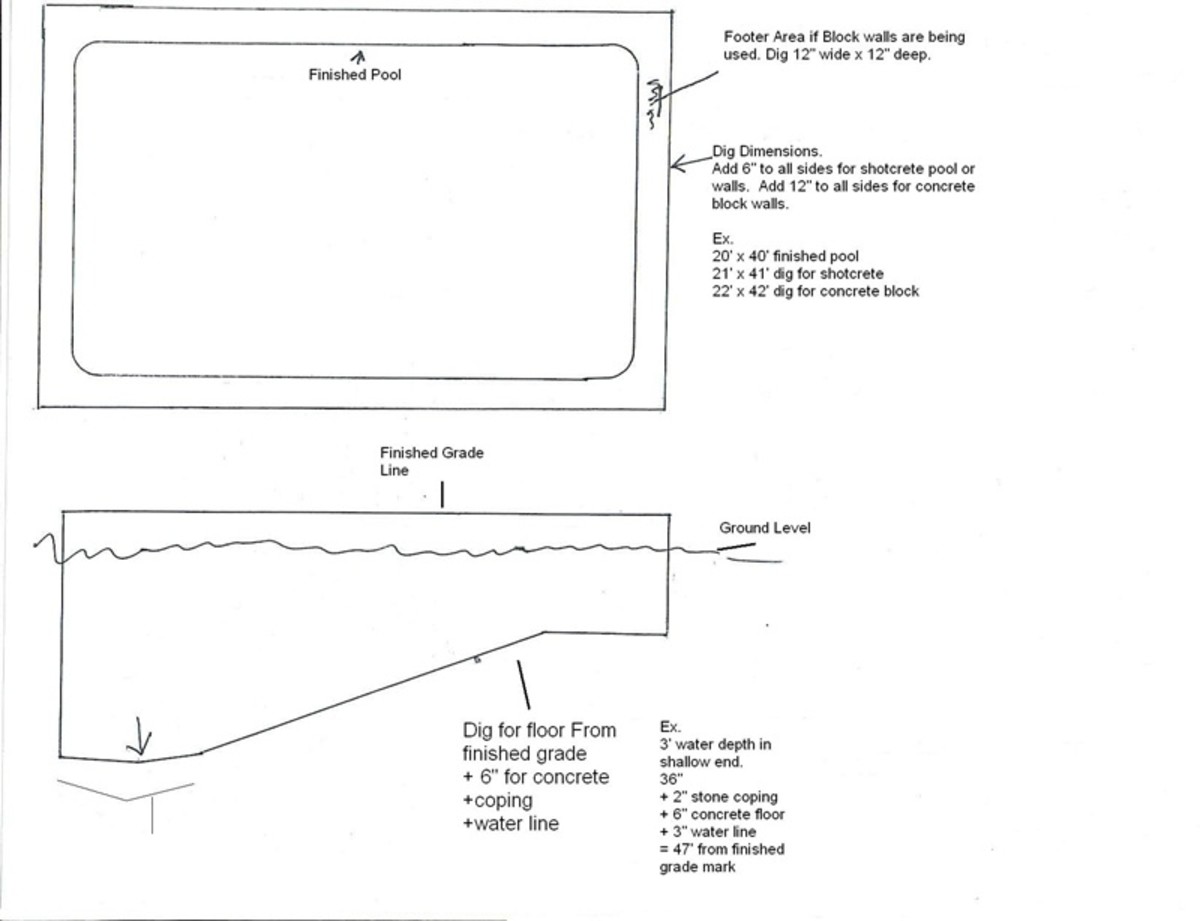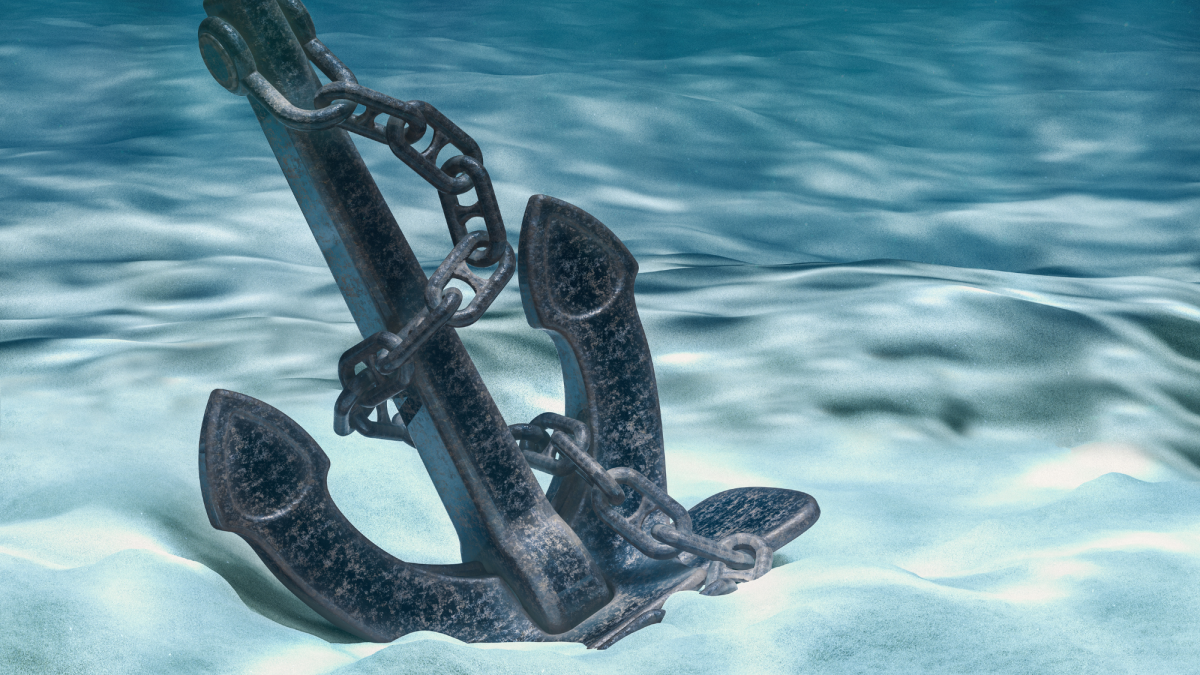How To SCUBA Dive- A PADI Open Water Diver Review
SCUBA diving opens up a new world, one that many people never get to see. Ever since I was a young boy, underwater photographs and video have beckoned me to the deep blue of the ocean. Whether you want to relax and enjoy colorful reefs just a few feet below the surface, or explore ship wrecks hundreds of feet below the surface, diving offers a little bit of everything.
What does it take to get certified as a SCUBA diver? There are a number of agencies that will teach you the skills and techniques that you need to be safe and comfortable below the water. Let's take a look at the organisation and training that I decided to embark on. This is an introduction to PADI's Open Water Diver Course.
SCUBA stands for:
Self Contained Underwater Breathing Apparatus.
Discover SCUBA is a short class that allows you to try out SCUBA gear under the supervision of an instructor. This can be a great way to find out if SCUBA diving is for you!
What is PADI?
PADI stands for the Professional Association of Dive Instructors. PADI has been around for over 40 years and has grown to be the largest dive training organization in the world, with more than 6,000 dive shops around the world. No matter where you travel to dive in the world, you will probably be able to find a PADI dive resort nearby.
PADI can provide instruction in almost every aspect of SCUBA diving. Starting with Discover SCUBA classes, to Open Water Instruction, to specialties, to becoming an instructor yourself, PADI offers a little bit of everything.
What is the Open Water Diver course? PADI's Open Water Diver Course provides the basic knowledge and skills for a diver to get out on his own and dive all over the world. Upon successfully completing an Open Water diver course, you will receive a certification card that allows you to rent equipment from any dive shop that recognizes PADI's training (which is the vast majority of dive shops).
Let's take a look at how the PADI Open Water course is organized and what I thought of it as I took the class:
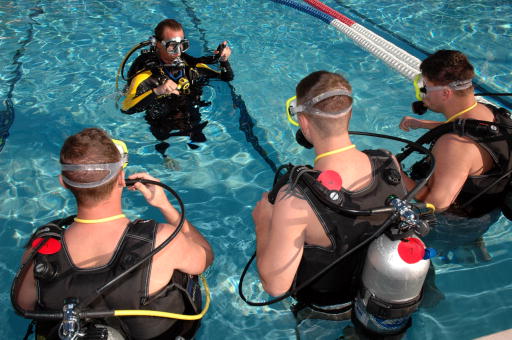
Required Materials
First off, you will need some books and information to get started. PADI does offer an online version of the course. You can check it out if you aren't sure if you want to spend time in a classroom. Otherwise, your best bet would be to find a couple local dive shops and go talk to the instructors. You can get an idea of the cost at the different dive shops (they will probably be pretty similar in price). This is the perfect time to figure out whether you can do your pool dives at the shop, or if you will have to go to a nearby swimming pool or other lcoation. It is also a good idea to meet your instructor ahead of time to get an idea of what he/she will be like. The instructor can make or break a class, so make sure you get one that you can work well with.
Next you will need to buy your supplies. Since I took the classroom version of the class, I received a text book, dive log book, electronic dive planner, registration paperwork and some important information from the dive shop itself. In my case I had to read through the book and complete the short tests, called knowledge reviews, at the end of each chapter before the start of my class. Make sure you check to see if you need to do this! Some people may not want homework before the class starts, but I found that I went into my first day of class knowing a lot more than I had before I signed up. If you read through the book before class, it also means that your instructor can spend less time teaching you the material and more time in the pool
Either way, your instructor will review the important parts of each chapter, review the knowledge reviews at the end of each chapter and answer any questions you may have. Once that is complete, you will take a short test about the subjects covered in the chapter. I found that the tests were very similar to the knowledge reviews. Once you have gone through all of the chapters, taken the tests and practiced a little with the dive planner, you take a final test. Again, I found the final test to be very similar to the knowledge reviews and to each of the chapter tests.
You may start your pool training in between studying some of the chapters, or after, it depends on your instructor, class size and facility. We started our pool sessions in between chapters three and four and finished them before taking the final exam. Let's take a look at some of what you will learn:
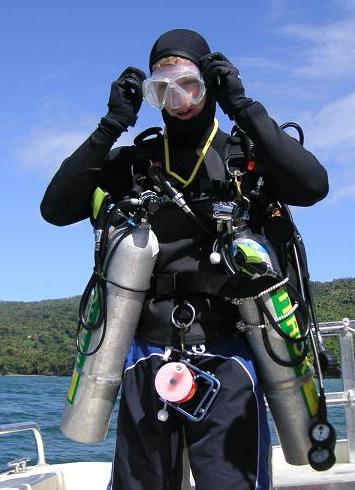
Equipment
SCUBA diving is an equipment heavy sport. After all, you are spending your time underwater, an environment in which we were not designed to be. There is a lot of equipment that you will have to learn how to use and the text book does a great job of telling you what most of that equipment is.
Once you get to your first pool session, your instructor will introduce you to the equipment that you will use underwater. You will get a chance, several actually, to put together your BC, regulators, tank and weight belt. In my class the instructor made sure that we put together our own equipment at least five times. While that doesn't sound like a lot, I was feeling pretty comfortable towards the end. The idea is that you will be ready to assemble your gear when you go diving on a trip or vacation down the road.
Theory
As I mentioned above, your body isn't designed to breath under water. As a result, there is a lot to learn about how the water, pressure and gasses affect your body. I won't get into the details here, your textbook will cover all of that.
It might be intimidating to know that you are going to have to learn about physics and concepts like Boyle's law, but don't worry about it. The PADI textbook does a great job of explaining everything you need to know in fairly simple terms. If you still have questions, make sure you ask your instructor. While you may not need to know every little detail on every single dive, knowing the basics will help you to be a safe diver when you are out on your own.
Pool Sessions
Now it's time to get into the pool. My class had 6 students in it. For the pool we were using, it was just about the right number of people. I wouldn't want to do a class with more people than that in the pool we were using. Make sure that you find out where your pool session will be and how many people will be in your class.
As I mentioned above, you will start out by learning how to assemble your equipment. Then your instructor will show you how to get into your equipment and you will spend a little while just breathing underwater and getting used to the way everything feels.
As you're getting comfortable with breathing underwater, your instructor will start teaching you skills. These skills will cover how to recover a lost regulator, how to drain your mask if it fills with water, how to share air, how to ascend and descend, and many other skills that will help you to worry less about what might happen and enjoy your diving.
The textbook covers the full list of skills and your instructor will typically discuss what the skills are above the water, demonstrate them in the water and then allow each student to complete the skill. Check out the video below to see an example of one of the skills, clearing your mask:
Open Water Diving
After you've completed your final exam and all of your pool sessions, you are ready to practice your skills in open water. Open water could be the ocean, a lake, quarry, spring or any other body of water that isn't a pool. The open water dives give you another chance to practice and demonstrate your skills. They also give you your first tastes of diving outside of the controlled environment of a pool.
The open water dives consist of four separate dives to test that you can remember your basic skills. Typically you will have a chance to dive deeper in the open water dives than you could in a pool. You will also learn to track your depths and bottom times in your log book. These four dives will be the first logged dives you will have in your log book, but hopefully not your last.
Now You're A Certified Diver!
Once you complete your open water dives, you will get your Open Water Diver certification card. This card will allow you to rent gear and dive all around the world. Make sure you take advantage of it and explore places that you have never been!
I'm excited that I'm finally a SCUBA diver! It has been a dream of mine for years. If you would like to get started, find your local dive shop and go check them out.
Let me know your diving experiences or questions in the comment section below:


